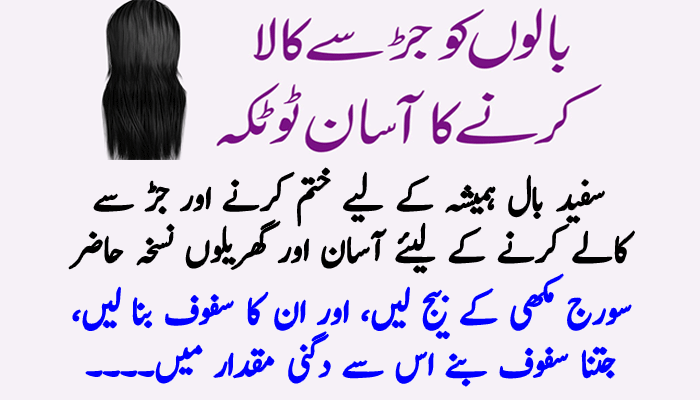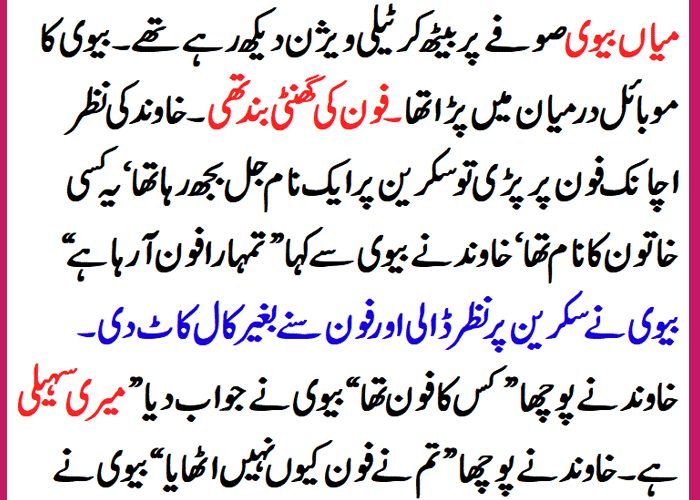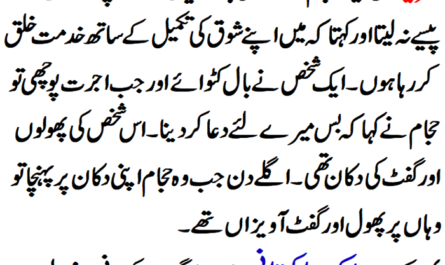Introduction:
While gray hair is commonly associated with aging, it can also occur prematurely, even in one’s 20s. Premature graying can be distressing and may affect self-esteem and confidence. In this article, we’ll explore the potential causes of gray hair in your 20s, from genetics to lifestyle factors, and discuss strategies for preventing and managing premature graying.
Understanding Premature Graying:
1. Genetics:
- Genetic predisposition plays a significant role in determining when and how rapidly your hair turns gray. If your parents or grandparents experienced premature graying, you may be more likely to follow suit.
2. Oxidative Stress:
- Oxidative stress, caused by an imbalance between antioxidants and free radicals in the body, can accelerate the aging process, including graying hair. Environmental factors such as pollution, UV radiation, and smoking contribute to oxidative stress and may hasten the onset of gray hair.
Lifestyle Factors:



1. Nutritional Deficiencies:
- Inadequate intake of essential nutrients such as vitamin B12, folate, copper, and iron can impair melanin production, the pigment responsible for hair color. A balanced diet rich in vitamins, minerals, and antioxidants supports overall hair health and may help delay the onset of gray hair.
2. Stress and Anxiety:
- Chronic stress and anxiety can disrupt hormone levels, impair melanocyte function, and accelerate cellular aging, potentially leading to premature graying. Practicing stress management techniques such as mindfulness, meditation, and relaxation exercises can mitigate the effects of stress on hair health.
Solutions for Premature Graying:
1. Nutrient-Rich Diet:
- Incorporating foods rich in antioxidants, vitamins, and minerals into your diet supports melanin production and protects hair follicles from oxidative damage. Include sources of lean protein, fruits, vegetables, whole grains, and healthy fats to nourish your hair from within.
2. Scalp Care:
- Maintaining a healthy scalp environment is essential for optimal hair health and color. Use gentle, sulfate-free shampoos and conditioners, avoid excessive heat styling and harsh chemical treatments, and consider incorporating scalp massages and nourishing hair masks into your hair care routine.
3. Stress Management:
- Prioritize stress management techniques such as exercise, yoga, deep breathing exercises, and hobbies to reduce stress levels and promote overall well-being. Creating a balanced lifestyle that includes adequate sleep, regular physical activity, and time for relaxation can help mitigate the effects of stress on premature graying.
Seeking Professional Advice:
- If you’re concerned about premature graying or experiencing other hair-related issues, consult a dermatologist or trichologist for personalized advice and treatment options. They can assess your hair and scalp health, identify underlying causes of premature graying, and recommend appropriate interventions based on your individual needs.
Conclusion:
While gray hair in your 20s can be unexpected and challenging, understanding the potential causes and implementing proactive strategies can help manage premature graying effectively. By addressing factors such as genetics, oxidative stress, nutrition, and stress management, you can support healthy hair growth and delay the onset of gray hair. Remember to prioritize overall health and well-being, seek professional advice when needed, and embrace the natural beauty of your hair, whatever its color may be.






